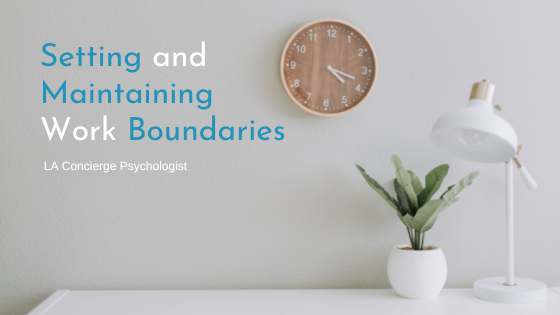Often times, when a client with anxiety first starts working with me, they wonder if they need to see a psychiatrist right away for medication. Many fear needing to have to take a pill for the rest of their lives in order to calm their anxiety. Thankfully, though medication can sometimes be a necessary form of treatment, there are many other options available. From self-help to professional counseling, you can calm your anxiety without needing to take a pill.
Examples of Anxiety Disorders
We all feel nervous, shy, worried, or edgy at times. However, when the those feelings persist and begin to impact your daily functioning, it becomes a diagnosable disorder. Some examples of common anxiety disorders are:
- Generalized Anxiety Disorder (GAD)
- Social Anxiety Disorder
- Specific Phobia
- Panic Disorder
- Post-Traumatic Stress Disorder (PTSD)
No matter which anxiety disorder you have, there are some ways you can calm your anxiety without needing medication.
10 Ways to Calm Your Anxiety Without Medication
1. Daily Exercise
Studies show the positive outcomes of activity and movement on the human brain. In fact, exercise can serve as a real-time treatment for those moments of high anxiety. When you are feeling highly stressed, engaging in movement has been shown to ease such symptoms.
2. Breathing Exercises/Meditation
Relaxation techniques are often in the eye of the beholder. What works for one person may not work for you. Even so, there are some tried and true methods worth exploring. Breathing exercises and meditation have been quieting nerves for centuries. In addition, such techniques can be learned in a group or class setting. This has the added benefit of reducing isolation (see #7).
3. Regular Sleep Patterns
For mental and physical fitness, healthy amounts of sleep is a requirement. When we’re sleep deprived, we struggle to effectively regulate our emotions and bounce back from tough situations. Get serious about setting up a strict bedtime habit and aim for seven to nine hours of sleep. You will not regret it.
4. Healthy Eating Habits
Ever heard of the gut mind connection? There’s more and more rigorous research showing how the foods we eat impact our mood. Keep a journal to monitor both food intake and anxiety spikes. Over time, you will notice trends and can adjust as needed. Caffeine and sugar are typical culprits for increased anxiety. And, generally speaking, try to incorporate a variety of whole foods that reflect the rainbow to ensure you’re getting the nutrients needed for a positive mood.
5. Mindfulness
In the past is where guilt and regret live. The future is home to anxiety. Mindfulness dwells in the here and now. Choose to live more in the present moment — something made easier via meditation (see #2). Practice focusing on what is going on around you without judgment. They key is to take a curious, receptive, and non-judgmental stance to what you are experiencing.
6. Talk Back to Your Inner Negative Thoughts
I often warn my clients not to bathe their brain in negativity. Our internal monologue and how we relate to ourselves greatly impacts our mood and anxiety. If you find yourself believing the harsh things you’re saying to yourself, remember that your thoughts are not facts. It can sometimes help to think of the anxious thoughts as a “worry monster” that you can talk back to and stand up against.
7. Avoid Isolation
Anxiety is a disorder of avoidance. If you give in to the desire to avoid too frequently, you’ll find yourself isolated. Honor your need for alone time but do not make it your default setting. Humans are social beings, and we need social connection and interaction for our mental well being. Too much isolation, and we can find ourselves becoming depressed and more anxious.
8. Take Frequent Tech Breaks
Step away from your phone. Everywhere we go, we are accessible. Notifications keep us on edge. They also keep us from maintaining mindfulness (see #5). So give yourself permission to turn your phone on silent, ignore your emails, or go on a social media diet.
9. Practice Self-Compassion
Often, we react to our anxiety with frustration and self-criticism. Thoughts like “Why can’t I just stop?” or “I’m crazy for worrying about this” swirl around our mind. This further feeds the anxiety and negativity. Instead, respond to your anxiety with self-compassion.
10. Never Stop Playing and Laughing
There are few problems that can’t be at least partially soothed by a sense of balance. Some anxiety is inevitable. Do your part to balance it out with moments of joy, laughter, and bliss. You deserve it.
Can You Hire an Anti-Anxiety Coach?
Absolutely! More accurately, you can reach out to a therapist for help calm your anxiety. Quite often, we self-sabotage in ways that we can no longer identify. It is essential to have an experienced and unbiased guide to help you recognize your patterns. From there, you can work together to conjure up new approaches and ideas.
Click here for more information on executive coaching. Send us a message or book a free 20 minute consultation call with Dr. Barajas or Dr. Goldman.



